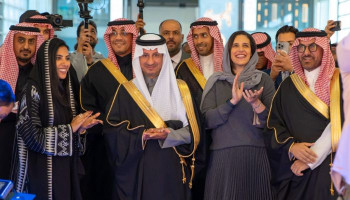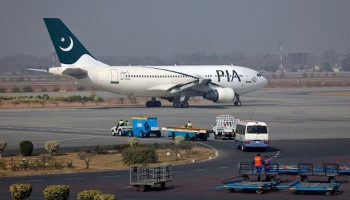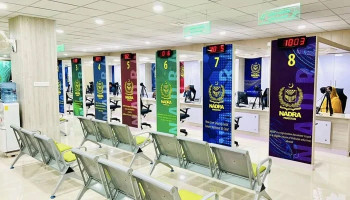
An image of Punjab Chief Minister Maryam Nawaz attending a ceremony in Lahore on October 2, 2025. —Facebook/@MaryamNawaz
Punjab is set to make history for the very first time when Chief Minister Maryam Nawaz Sharif leads a delegation to showcase the province’s climate initiatives at the United Nations Climate Change Conference COP30.
The conference will begin on November 10, 2025, and will end on November 21, 2025.
During this conference, the CM Punjab will address the province’s integrated model for climate transformation to the international stakeholders and media at the Punjab Pakistan Pavilion.
The recent floods across Punjab’s three major rivers and the widespread hill torrents have underlined the urgent need for adaptive climate preparedness.
Punjab's response of saving millions of people and livestock, deploying transparent digital relief systems, and investing in early warning and disaster mitigation technologies reflects a data-driven and science-based governance model designed for resilience.
Highlighting Punjab’s journey, the CM said: “Punjab’s story is one of resilience, innovation, and hope, proving that proactive governance can turn challenges into opportunities for climate leadership.”
At the Pavilion, CM will highlight Punjab's flagship initiatives, including
- Suthra Punjab: One of the world's largest solid-waste management programmes that is changing urban sanitation and waste recycling at scale in the province.
- Leadership in air quality: Real-time monitoring of smog by drones, thermal cameras, and Safe City surveillance systems to reduce air pollution.
- Protection of forests and wildlife: Establishment of Pakistan's first-ever Forest Protection Force and modern wildfire management mechanism.
- Sustainable urban and rural development: Integration of climate considerations in all major development projects.
- E-Mobility and clean energy: This initiative aims to drive the province’s transition toward green transport and renewable energy.
















